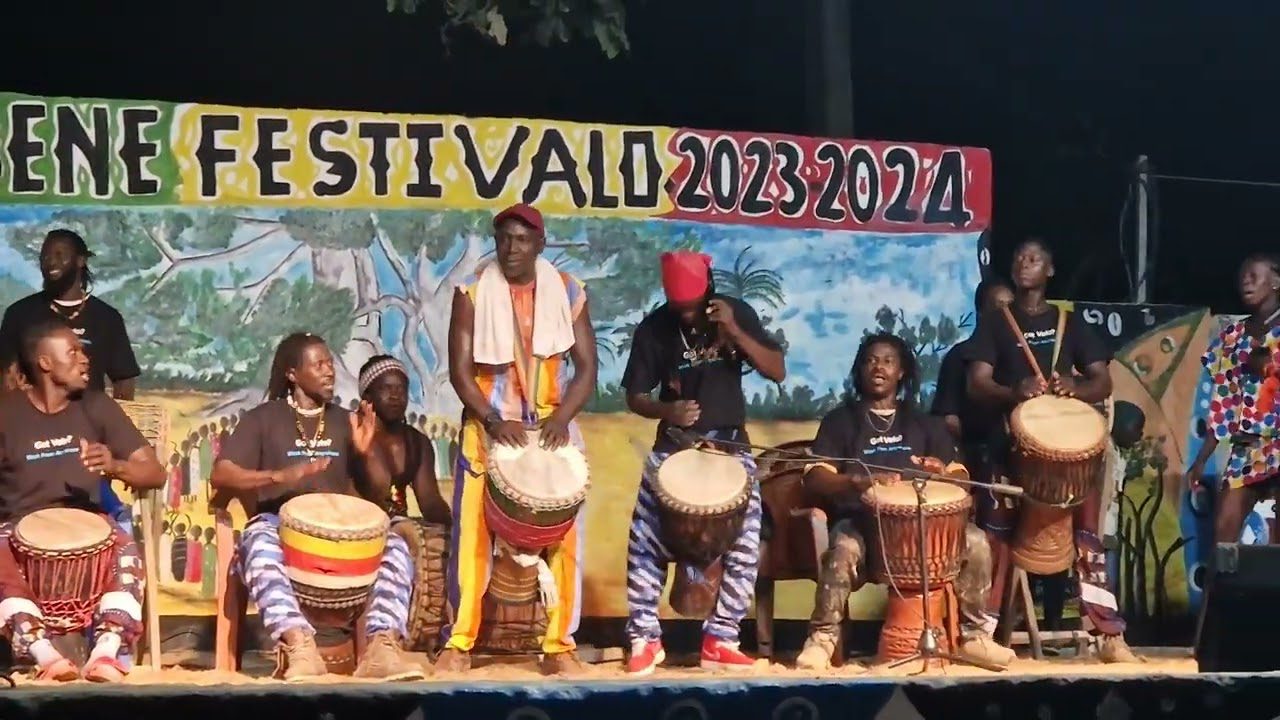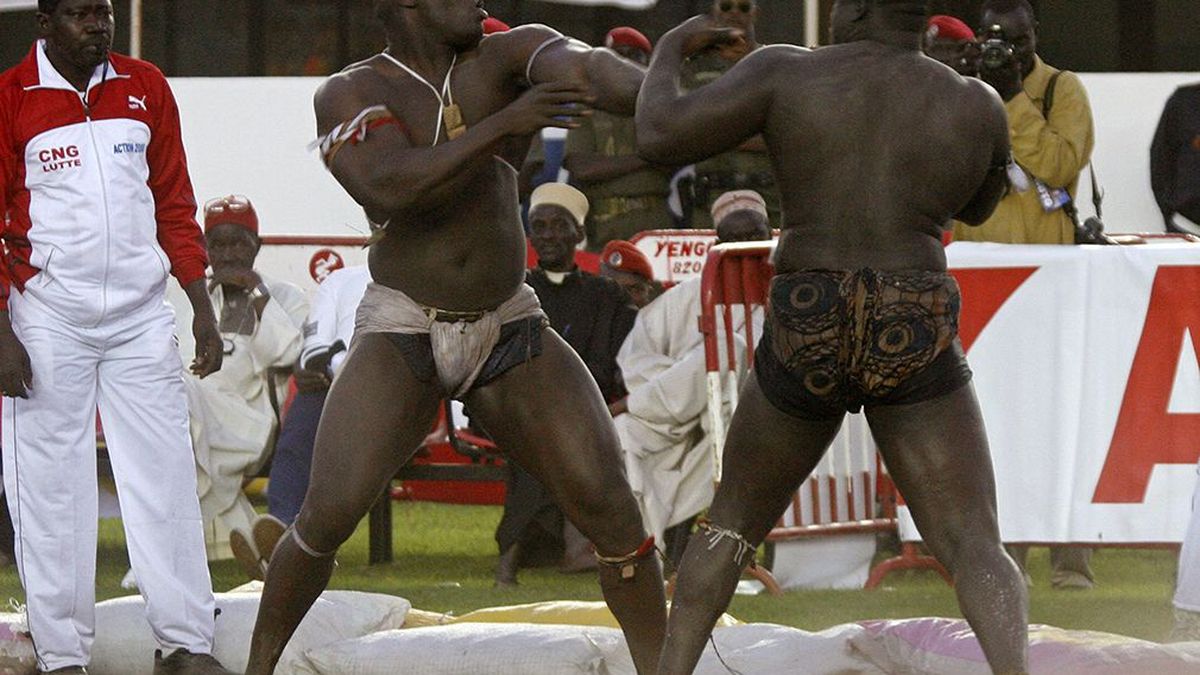Abene Festival brings to life the tiny village of Abene in Senegal every December. Music takes over from Boxing Day to New Year. The festival is a platform for West Africans to express their gratitude for life and celebrate everything in between. It has attracted visitors from other parts of Africa and Europe in the recent past.
Be ready to dance and enjoy great West African cuisine if you choose to attend the carnival. Food and music are the highlights of this event.
Table of Contents
What is Abene Festival?
Abene Festival is an annual week-long event in Senegal that starts after Christmas and ends after the New Year. Dance, music and food take over Abene village from December 26 to January 2. This is a time for traditional dancers to shine and teach guests a move or two.
The festival kicks off with crazy drumming and humming to traditional tunes, mystically throwing everyone into a frenzy. This is followed by speeches from community leaders and politicians. Each evening throughout the Abene Festival, the main performances commence until late at night, and the African disco kicks off. Again, this attracts a huge number of fans who do not shy away from putting their best foot forward.

Abene Festival in Senegal. It’s an annual carnival held in Abene village from December 26 to January 2. Photo/YouTube
Instrument playing is a big part of the musical affair at the festival. Musical instruments are crafted traditionally and they perform just as well as the modern ones. For instance, the calabash guitar steals the show with straps nailed from one of the edges to the other. Local artists drawn from the village and other parts of Senegal also get a chance to entertain people. Artists and dancers from these parts of West Africa attend this Senegalese music fest.
- The Gambia
- Mali
- Guinea Bissau
- Nigeria
Daytime concerts usher animated reggae parties that start as soon as sunset creeps in. Party lovers jam to their favourite reggae music all night with hundreds of them flocking the beach with food and drinks. Bonfires and fireworks set the stage for a night of reggae music.
What Happens at Abene Besides Music?
Besides the relish that comes with music, the festival is used as environmental advocacy for the youth. Part of the campaign is against indiscriminate disposal of plastics. Village elders are keen on this and will often give you an empty plastic bottle and watch how you dispose of it.
Festival organizers have programmes engaging children throughout the day. Some of the topics they handle include environmental conservation. Deforestation and afforestation are topics discussed widely aimed at combating climate change with the younger generation.
Bike races, and traditional wrestling popularly known as Lutte feature as major sporting events at the Abene Festival. Lutte is a revered wrestling match native to Senegal. It’s not for the weaklings though.
What is Lutte?
Wrestling enthusiasts enjoy the Lutte characterized by sights of strong men taking on each other at the Abene Festival. Lutte is a traditional Senegalese sport; mainly wrestling. It’s known as Laamb in the local dialect. Lutte dates back decades and is passed down from one generation to another. It has combined elements of boxing and wrestling. Senegal considers it a national sport, perhaps due to its cultural and spiritual significance.

La Lutte sport in Senegal. Photo/France Info
Here’s some history about it. Lutte emanated from Serer and Wolof tribes as preparation for war. These two tribes devised Lutte Traditionnelle avec frappe and Lutte Traditionnelle sans frappe. The former allows hand striking while the latter is more of non-striking combat; a test of strength.
The sport’s cultural relevance comes from the uniting factor wrestling matches bring to Senegal. Traditional music dances and chants rock the matches. There are now wrestling academies in Dakar where Lutte is taught to young men as a form of discipline and cultural continuity. You witness how treasured it is whenever you the festival.
Which Food is Served at Abene Festival?
Food is a big part of the Abene Festival and traditional Senegalese meals are in plenty. Delicious traditional meals for guests include the following:
- Thieboudienne – Senegalese rice served with vegetables and fish
- Yassa – spiced fish or chicken
- Mafe – peanut stew with meat
- Kelewe – spiced plantains
- Grilled meat
- Fruits








